Patients with peripartum cardiomyopathy (PPCM) are more likely to have cancer before PPCM diagnosis and more likely to develop cancer after PPCM, according to a study published in the December issue of the JACC: CardioOncology.
Tobias J. Pfeffer, M.D., from Hannover Medical School in Germany, and colleagues evaluated records for clinical history and cancer history among 236 PPCM patients from Germany and Sweden. Among 14 PPCM patients with a history of cancer and six PPCM patients without a history of cancer, the authors conducted exome sequencing to assess variants in 133 genes associated with cancer predisposition syndromes (CPS) and in 115 genes associated with dilated/hypertrophic cardiomyopathy (DCM/HCM).
The researchers found that the prevalence of cancer was 16-fold higher (21 of 236 patients) in PPCM patients versus age-matched women. Twelve of 21 patients had cancer before PPCM, 11 of whom obtained cardiotoxic cancer therapies. Cardiac function was fully recovered in 17 percent of these patients by seven months of follow-up versus in 55 percent of PPCM patients without cancer. In 10 of 21 patients, cancer occurred after PPCM, with 80 percent having left ventricular ejection fraction of ≥50 percent after cancer therapy. One patient developed cancers both before and after PPCM. Among PPCM patients with cancer undergoing sequencing, six of 14 patients carried likely pathogenic or pathogenic gene variants associated with DCM/HCM in CPT2, DSP, MYH7, TTN, and/or with CPS in ATM, ERCC5, NBN, RECQL4, and SLX4. All CPS variants affected DNA damage response genes.
These results "may warrant genetic testing and screening for heart failure in pregnant women with a cancer history and screening for cancer in PPCM patients," the authors write.
Editor's Note:
En-CPhI.CN is a vertical B2B online trade platform serving the pharmaceutical industry,
for any copyright disputes involved in the reproduced articles,
please email: Julia.Zhang@ubmsinoexpo.com to motify or remove the content.





 ALL
ALL Pharma in China
Pharma in China Pharma Experts
Pharma Experts Market News
Market News Products Guide
Products Guide Brand Story
Brand Story

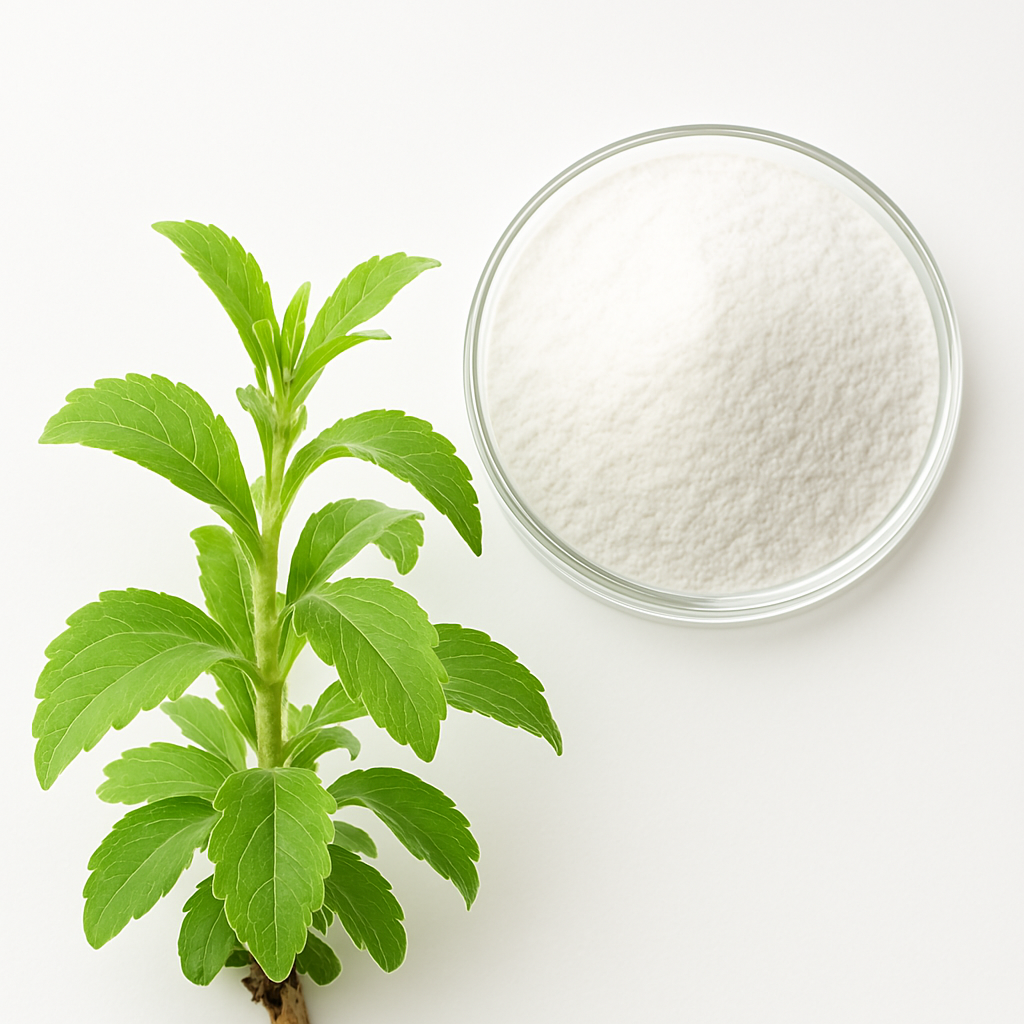

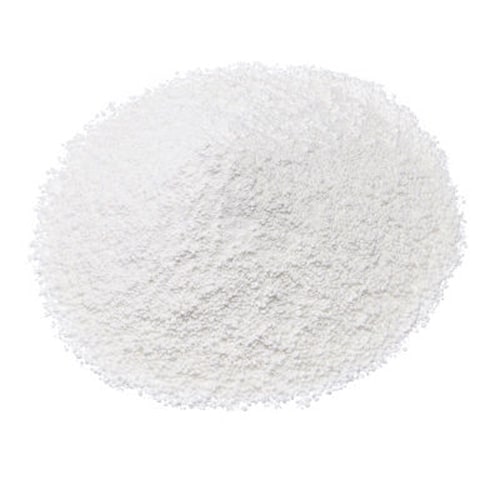
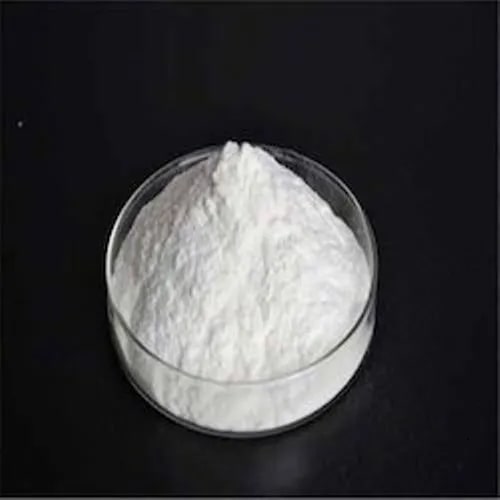
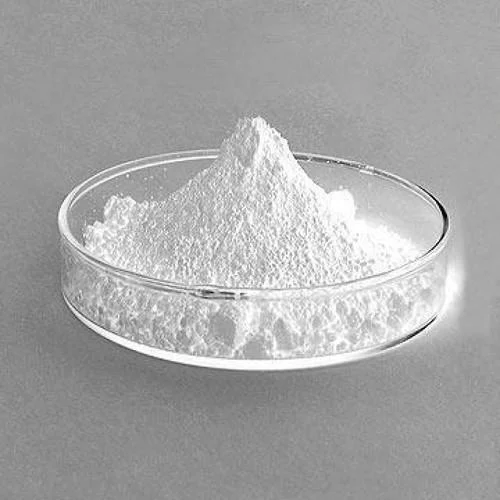











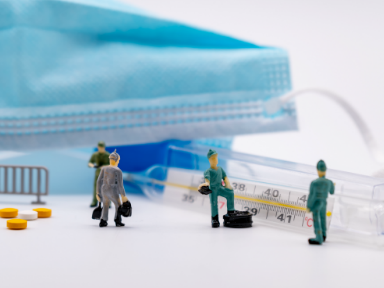





 Pharma Sources Insight January 2025
Pharma Sources Insight January 2025








